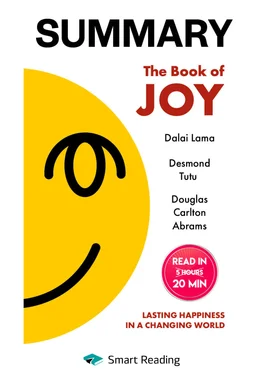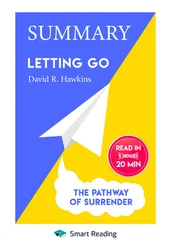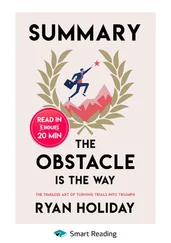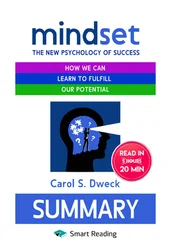The first noble truth of Buddhism is: "Everything is suffering" [4] Usually the word "suffering" is used to translate the term "dukha" from Sanskrit, which can also be translated as stress, anxiety, dissatisfaction, discomfort.
. To develop joy, one needs to accept that suffering is inevitable. And often t he main cause of our suffering is ourselves who refuse to accept reality and try to control what is not to be controlled.We react to events by evaluating them as good, bad, or neutral.
We spontaneously react to bad events with fear, anger, or irritation. But if one concentrates on the negative side of this experience, it is impossible to develop a state of joy. When we develop spiritually, we learn to accept what happens to us,including negative emotions, which cease to be a source of suffering for us and become just a passing experience.
Our lives are not determined by suffering and disappointments, but by how we deal with them and convert them into experience: only when we shift the focus of perception from ourselves to others and develop empathy and compassion can we create the basis for the joyful state.
In 1978, research conducted by psychologists Philip Brickman, Dan Coates, and Ronnie Janoff-Bulman showed that there is a "set measure" that determines our level of happiness throughout our lives. When we find ourselves in a new situation (for example, after we have won the lottery), we soon grow accustomed to it and return to our original state of mind. At the same time, research by Sonya Lubomirskaya indicates that there are three factors that can make us happier – a positive assessment of any situation, gratitude, and manifestations of kindness and generosity.
▶Fear, Stress and Anger
Fear is the body’s protective biological reaction that we need to survive. But in the modern world this mechanism is not as relevant, and often we experience exaggerated or groundless fear. And the large number of sources of stress is not as much an issue as our reaction to them [5] In times of danger, the hormones cortisol and adrenaline are released into the bloodstream, which cause the pupils to dilate so that we can see more clearly, and our hearts beat and we breathe more rapidly, speeding up our reaction time and the blood flow to the muscles so that we can defend ourselves or flee.
. Exaggerated expectations and unfulfilled ambitions only make the situation worse for us, as we fail to realize that most of our fears are just mental projections that have no real basis.
While he was explaining why most of our fears are usually groundless, His Holiness told his interlocutors that in the Potala Palace, where he lived as a child, there was a very dark room that was said to be haunted. Every time he passed by this room he constantly felt someone’s presence, when in fact no one was in there. But, it was this experience that helped the Dalai Lama to realize that fears are just projections of the mind that we pay excessive attention to. (Having listened to this story, the Archbishop jokingly said, "No! They really was someone in there!")
We also tend to think that fear and anger are independent emotions. However, the Dalai Lama claims that anger arises due to fear.For example, we want to be loved and feel angry because of our fear of not getting what we want. Anger can be caused either by physical or by mental pain, the latter being a much more frequent cause of anger.The recognition and acceptance of one’s own fears helps one to overcome anger. But at the same time, it is necessary to be ready to admit our vulnerability, which we are often ashamed of, believing that we need to be strong so that we do not feel pain. But the Archbishop emphasizes that guilt and shame only increase our negative emotions.
Конец ознакомительного фрагмента.
Текст предоставлен ООО «ЛитРес».
Прочитайте эту книгу целиком, купив полную легальную версию на ЛитРес.
Безопасно оплатить книгу можно банковской картой Visa, MasterCard, Maestro, со счета мобильного телефона, с платежного терминала, в салоне МТС или Связной, через PayPal, WebMoney, Яндекс.Деньги, QIWI Кошелек, бонусными картами или другим удобным Вам способом.
Dharamshala is a city in the north of India where the Dalai Lama’s residence is situated.
Matthieu Ricard received a PhD in molecular genetics at the Pasteur Institute (Paris, France) but rejected his scientific career to study Tibetan Buddhism.
In psychology there is a term "hedonistic adaptation": scientists have found that too many sensory pleasures dull the senses; as a result we start to take pleasure for granted.
Usually the word "suffering" is used to translate the term "dukha" from Sanskrit, which can also be translated as stress, anxiety, dissatisfaction, discomfort.
In times of danger, the hormones cortisol and adrenaline are released into the bloodstream, which cause the pupils to dilate so that we can see more clearly, and our hearts beat and we breathe more rapidly, speeding up our reaction time and the blood flow to the muscles so that we can defend ourselves or flee.












